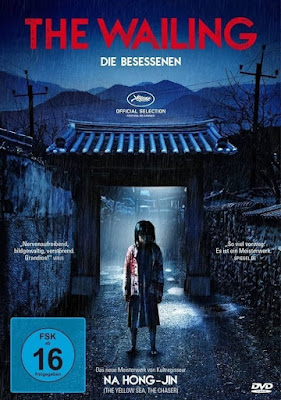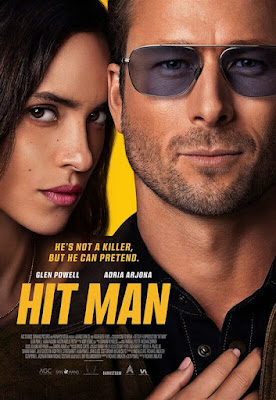Twenty-four years is a long time to dream of a specific loaf of bread. But once seen, the XL homemade multi-grain boule seen in Jacques Feyder’s naturalistic Alps-set drama, proved as impossible to forget as the film’s title proved illusive. Found at last, it proves just as magnificent as memory had it; the film’s pretty good, too. Feyder’s once stellar art house rep, tenuously held largely thru CARNIVAL IN FLANDERS/’35 and KNIGHT WITHOUT ARMOR/’37, now a thing of the past. But a pair of superb silent restorations on Lobster Films (this and CRAINQUEBILLE/’22) show just how good he could be. VISAGES (also known as FACES OF CHILDREN), shot entirely on location in the Alps (and in real weather conditions) 1922-23, took a couple of years to get distributed . . . and promptly bankrupted the film company. Hard to get hold of before a 2005 restoration, now looking and sounding even better in Lobster's 2015 edition, a simple story magnificently told, shot, edited and acted (remarkably modern in all categories) about the widowed mayor (with two children) of a small, isolated mountain village who remarries a neighboring widow with one child. Told largely thru the eyes of the mayor’s 10-yr-old son (Jean Forest, superb*), the naturalistic style shows the parents’ psychological blindness to the boy's grief & needs even as they try to be fair to all three kids. You can see why the very naturalistic storytelling didn’t register with 1925 audiences. If they’d only held on to the third act, they’d have been rewarded with gorgeous environmental melodrama in real-life locations D.W. Griffith & Lillian Gish might have envied for WAY DOWN EAST/’20. How good to know that once tragedy has been averted, the happy, now blended family will surely be treated with slices of that bread, two-inches thick and slathered with preserves.
DOUBLE-BILL/LINK: *Young Forest debuted in Feyder’s CRAINQUEBILLE/’22. https://maksquibs.blogspot.com/2021/03/crainquebille-coster-bill-of-paris-1922.html
ATTENTION MUST BE PAID: The stunning cinematography is by Léonce-Henri Burel, famous for working on the best films of Abel Gance and Robert Bresson, as well as Rex Ingram’s last, BAROUD/’32.






























